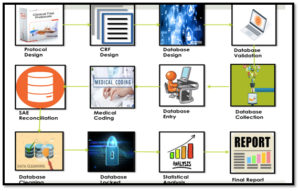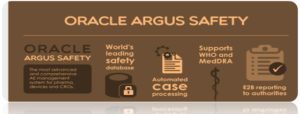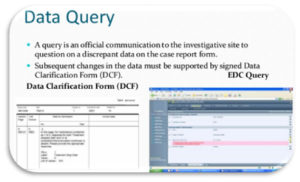Build a Strong Educational Foundation
- Relevant Degrees
- Life Sciences: Degrees in pharmacy, pharmacology, biology, biotechnology, or chemistry provide a solid scientific background.
- Engineering: Biomedical or chemical engineering can also be excellent precursors, especially for medical device or chemical regulatory roles.
- Supplementary Coursework
- Regulatory Science: If available, take courses in regulatory affairs or regulatory science. Some universities offer specialized electives or minors.
- Quality Systems & Compliance: Courses on Good Manufacturing Practices (GMP), Good Clinical Practices (GCP), and ISO standards.
- Legal & Ethics: A basic understanding of the regulatory and ethical framework around clinical trials, labeling, and intellectual property.
Gain Early Exposure
- Internships and Co‑ops
- Seek internships at pharmaceutical companies, contract research organizations (CROs), or regulatory consultancies. Even roles in quality assurance, clinical operations, or pharmacovigilance can build transferable skills.
- University Projects & Research
- Participate in faculty-led research that involves product development, submission of research protocols to Institutional Review Boards (IRBs), or quality control studies.
- Volunteer Roles
- Look for volunteer opportunities in health‑focused NGOs or academic study committees to understand ethical and regulatory oversight.
Develop Core Competencies
- Technical Skills
- Regulatory Writing: Master the art of drafting clear, concise documents such as Clinical Trial Applications (CTAs), Investigational New Drug (IND) dossiers, and Standard Operating Procedures (SOPs).
- Data Management: Familiarity with Electronic Common Technical Document (eCTD) structures, document management systems, and submission portals.
- Quality Systems: Understanding of GMP, GCP, and ISO 13485 (for medical devices).
- Soft Skills
- Communication: Ability to liaise with cross‑functional teams, health authorities, and external vendors.
- Attention to Detail: Regulatory submissions must be flawless—small errors can lead to delays.
- Project Management: Coordinating timelines, managing multiple modules of a dossier, and tracking questions from regulators.
Obtain Professional Certifications
- Regulatory Affairs Certification (RAC)
- Offered by the Regulatory Affairs Professionals Society (RAPS), the RAC (available in U.S., EU, and Global tracks) is the gold standard. It demonstrates your commitment and mastery of regulatory principles.
- Specialized Certificates
- Fineness institute of clinical research medical writing and regulatory affairs diploma online.
Network and Join Professional Organizations
- Industry Associations
- RAPS (Regulatory Affairs Professionals Society)
- TOPRA (The Organisation for Professionals in Regulatory Affairs)
- DIA (Drug Information Association)
- Conferences and Workshops
- Attend regional and international conferences to learn about the latest regulatory trends and to meet hiring managers and mentors.
- Online Communities
- Engage in LinkedIn groups, RAPS forums, and other professional networks to ask questions, share insights, and spot job postings.
Secure Your First Regulatory Role
- Entry‑Level Positions
- Look for titles such as Regulatory Affairs Associate, Regulatory Coordinator, or Document Specialist.
- Don’t shy away from roles in related departments (e.g., quality assurance or clinical operations), which can serve as stepping stones.
- Tailor Your Resume and Cover Letter
- Highlight any regulatory‑related coursework, internships, and projects.
- Emphasize transferable skills: document writing, data review, project coordination.
- Prepare for Interviews
- Be ready to discuss the lifecycle of a product submission (from IND to NDA/BLA or 510(k) to PMA).
- Familiarize yourself with key regulations in your target region (e.g., FDA CFR Title 21, EU Regulations).
Continue Learning and Specializing
- Advanced Education
- Consider a master’s degree in regulatory science, pharmaceutical affairs, or a related field to deepen your expertise.
- Functional Specialization
- As you gain experience, you may choose to specialize in areas such as clinical, CMC, labeling, pharmacovigilance, or combination products.
- Leadership Skills
- Over time, develop skills in team management, budget oversight, and strategic planning to progress into senior or managerial roles.








